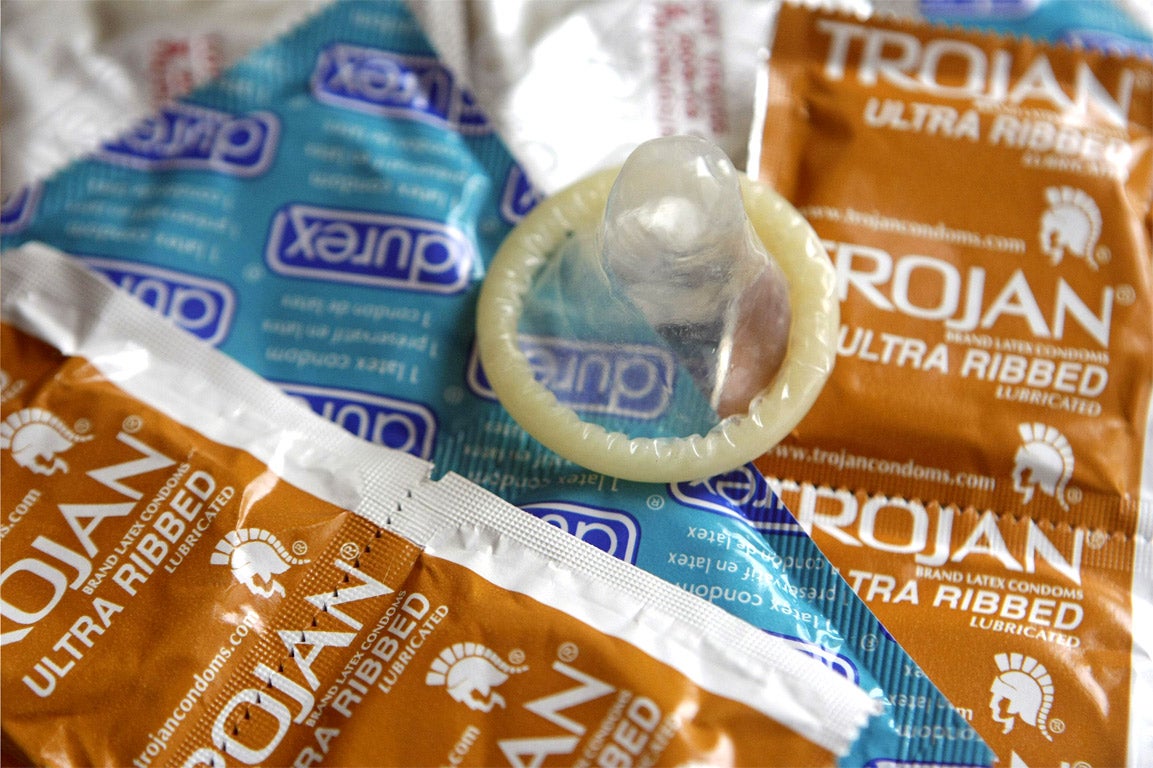More than half of all porn features anal sex - and we shouldn't be afraid to say that affects how young girls think
Children face overwhelming demands to explore sex as a means of social currency, or fitting in with their peers. Some of these sexual behaviours may seem arbitrary or unwanted; research shows that anal sex is not pleasurable for the majority of women

Your support helps us to tell the story
From reproductive rights to climate change to Big Tech, The Independent is on the ground when the story is developing. Whether it's investigating the financials of Elon Musk's pro-Trump PAC or producing our latest documentary, 'The A Word', which shines a light on the American women fighting for reproductive rights, we know how important it is to parse out the facts from the messaging.
At such a critical moment in US history, we need reporters on the ground. Your donation allows us to keep sending journalists to speak to both sides of the story.
The Independent is trusted by Americans across the entire political spectrum. And unlike many other quality news outlets, we choose not to lock Americans out of our reporting and analysis with paywalls. We believe quality journalism should be available to everyone, paid for by those who can afford it.
Your support makes all the difference.Being young these days is a tough business – especially when it comes to sex.
Children face more pressure than ever to behave in adult ways. It hasn’t got much better from when I was at school (not so long ago), when there was an enormous expectation for me and my peers to gain sexual experience, often inflicted on us by each other.
If you hadn’t gone to ‘third base’ by around the age of 14 you were considered frigid, strange or uncool. Teachers and parents seemed strangely oblivious, probably too distracted teaching us a lesson by putting condoms on fruit. It was a tricky and alienating time for anyone like me who just wanted to watch episodes of Mona the Vampire.
In 2016, things haven’t exactly improved and that’s largely down to the speedy growth of the porn industry, which has become almost uncontrollably accessible to children.
Indeed, research suggests that 13 per cent of 6- to14-year-olds visited an adult site in May 2015. This is a matter of concern for the government, which is now discussing the fact that more children and young people are exploring anal sex. As one content analysis of porn sites found that 56 percent of sex scenes feature this activity, it doesn’t take a rocket scientist to guess what inspired our youngsters to follow suit.
Some sex education advocates are angry that the government has attacked anal sex, which they point out is legal and no more dangerous than other types of similar activity. But I think they’re missing the point.
Children face overwhelming demands to explore sex as a means of social currency, or fitting in with their peers. Some of these sexual behaviours may seem arbitrary or unwanted; research shows that anal sex is not pleasurable for the majority of women. Overall, it’s not clear who’s calling the shots – whether young people are choosing these activities for themselves, or replicating what their friends tell them, or pornography appears to show them, would be good for them.
It order to save young people from anal sex, the Department for Culture, Media and Sport wants to make it even harder for them to get onto porn sites – by implementing adult filters. But this is a very reductionist approach, as there are so many other variables that encourage young people to sexually experiment. Across the media, children are saturated with messages about how they should behave.
Then there are the magazines that teach teenagers the perfect blowjob technique, or ‘how to please your man’. Parents are even sometimes guilty of placing expectations upon their children, handing them contraception and reminding them to ‘be careful’, which, though well intentioned, indicates that they should be sexually active.
Young people are more confused and less autonomous than ever before when it comes to their sexual choices. They waltz into their romantic lives with an entirely functional regard: sexual acts are no more than a performance to appease their mate and society. Neither us, nor the government, will protect them by offering more guidance.
The damage is done. And if there’s anything we should learn from the past, it’s that our interference has done more to sexualize young people than it has to protect them from the difficulties and dangers of underage sex.
Join our commenting forum
Join thought-provoking conversations, follow other Independent readers and see their replies
Comments